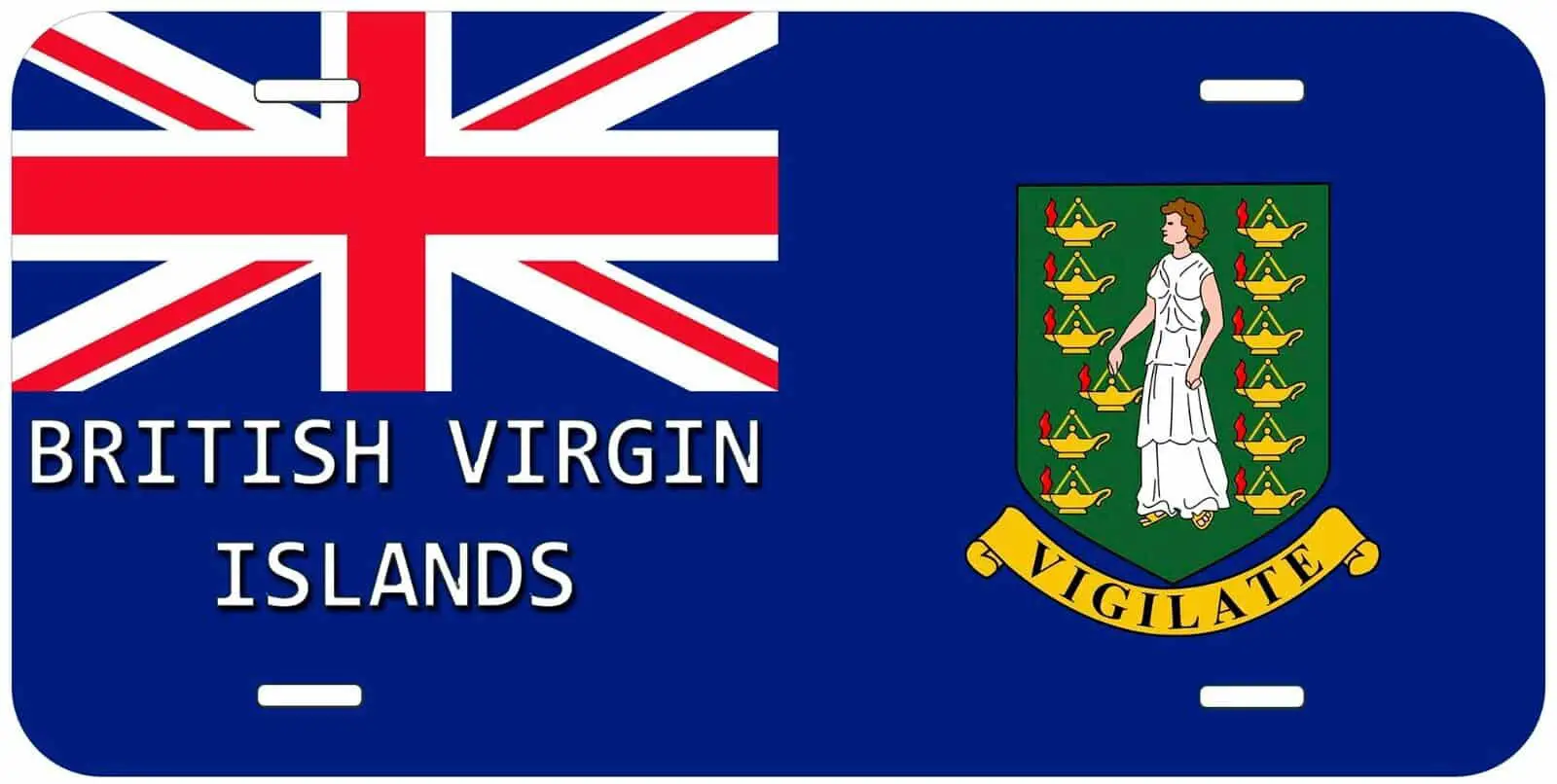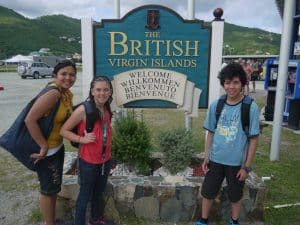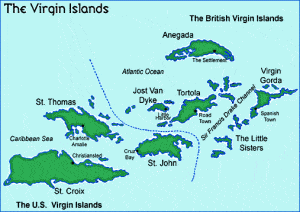Headlines
The History of British Virgin Islands: From Pre-Columbian Amerindian Settlement to Modern State

The British Virgin Islands is a British Overseas Territory located in the Caribbean Sea. The history of the British Virgin Islands is usually divided into five separate periods: Pre-Columbian Amerindian settlement, up to an uncertain date; Nascent European settlement, from approximately 1612 until 1672; British control, from 1672 until 1834; Emancipation, from 1834 until 1950; and the modern state, from 1950 to present day.
See population, official language and more…

Virgin Islands British map

Virgin Islands British map
The first recorded settlement of the Territory was by Arawak Indians who came from South America, in around 100 BC. There is some evidence of Amerindian presence on the islands, perhaps in seasonal fishing camps, as far back as 1500 BC. The Arawak inhabited the islands until the 15th century when they were displaced by the more aggressive Caribs, a tribe from the Lesser Antilles islands. None of the later European visitors to the Virgin Islands reported encountering Amerindians in what would later be the British Virgin Islands.
The first European sighting of the Virgin Islands was by Christopher Columbus in 1493 on his second voyage to the Americas. The Dutch established a permanent settlement on the island of Tortola by 1648. In 1672, Britain took control of the islands.
The British Virgin Islands were administered variously as part of the British Leeward Islands or with St. Kitts and Nevis, with an administrator representing the British Government on the islands. The islands gained separate colony status in 1960 and became autonomous in 1967.
The Dutch established a permanent settlement on the island of Tortola by 1648. In 1672, Britain took control of the islands. The British Virgin Islands were administered variously as part of the British Leeward Islands or with St. Kitts and Nevis, with an administrator representing the British Government on the islands. The islands gained separate colony status in 1960 and became autonomous in 1967.
In conclusion, The British Virgin Islands has a rich history that spans over centuries. From its pre-Columbian Amerindian settlement to its current status as a modern state, it has undergone significant changes that have shaped its identity and culture.





